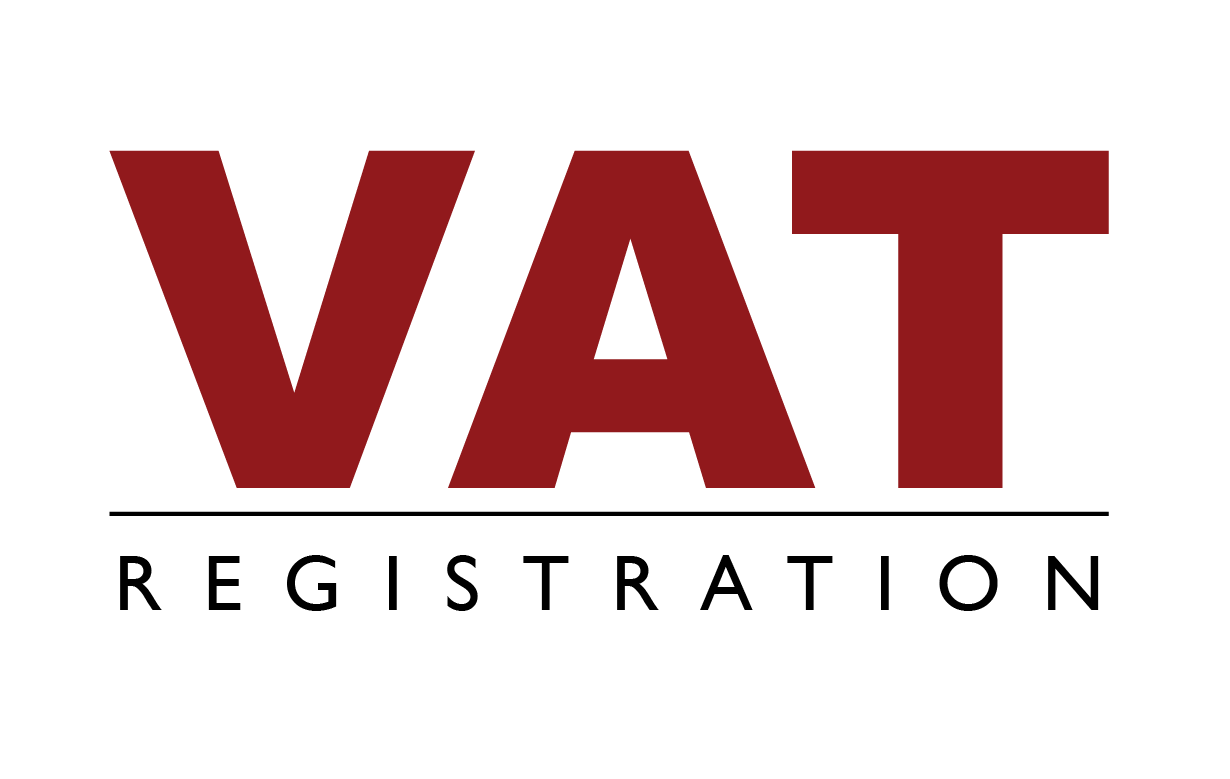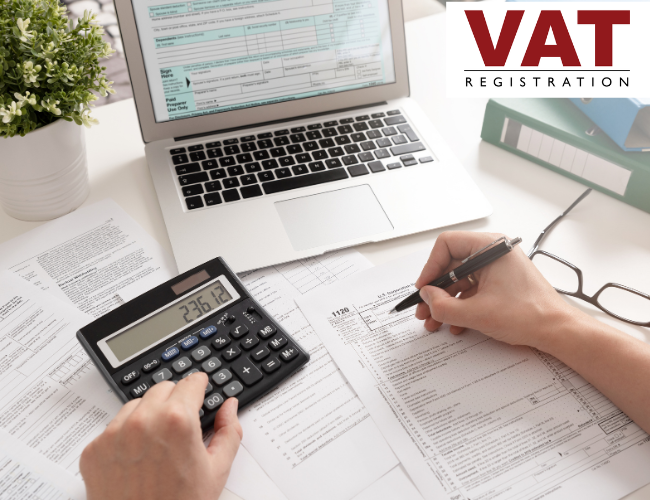Everything You Need to Know About VAT Implementation in UAE
The introduction of VAT (Value Added Tax) in 2018 was a significant reform for the United Arab Emirates. VAT is a consumption tax levied on goods and services, and its implementation has been an important milestone for the UAE government in increasing the country’s revenue sources. Understanding VAT and its implications is crucial if your business operations are in the UAE. This article will help you with all the information regarding VAT Implementation in the UAE.
What is VAT?
A tax imposed on goods and services at every stage of the supply chain is called VAT or Value Added Tax, as it is a tax on value-added. The ultimate burden of VAT falls on the end-consumer of products and services, and the VAT collected at each stage of the supply chain is paid to the government. VAT has been successfully implemented in the UAE since 2018, though it is a standard tax system worldwide.
Benefits of VAT Implementation in UAE
The VAT implementation in the UAE has several benefits, including:
- Increased Revenue Sources: Implementing VAT in the UAE has helped increase the government’s revenue sources, providing more public services and infrastructure development funds.
- Improved Transparency: VAT helps to enhance transparency in the economy as businesses are required to keep detailed records of their VAT transactions. That can help to reduce tax evasion and improve the accuracy of tax collection.
- Promotes Fair Competition: VAT promotes fair competition in the marketplace as all businesses, regardless of size, must register for VAT and charge VAT on their sales.
VAT Obligations for Businesses in the UAE
Businesses in the UAE must comply with a range of obligations related to VAT, including:
- VAT Registration: All businesses operating in the UAE must register for VAT if their taxable supplies exceed the mandatory registration threshold of AED 375,000.
- VAT Return Filing: Businesses must file VAT returns regularly, usually monthly or quarterly, to report the VAT they have collected and the VAT they have paid.
- Keeping Records: Businesses must keep detailed records of their VAT transactions, including invoices, receipts, and other documentation.
How to be Compliant with VAT Requirements in the UAE
VAT requirement compliance can be challenging, and businesses may find the process to be complex, and to ensure compliance, companies can take the steps listed below:
Hire a VAT Expert: To help you to guide your business process of VAT implementation in UAE and ensure that your business is compliant, it is highly recommended to hire a VAT Expert. That can be done internally, or you can outsource as well.
Implement VAT-Compliant Systems: Your business should implement VAT-compliant systems, such as accounting software, to help keep track of VAT transactions and simplify the VAT return filing process.
Employee Education and Awareness: Ensuring everyone in the organization is on the same page and aware of the VAT requirements so that they take necessary steps to comply, it is crucial to educate your employees and enable them with resources about VAT and its implications for your business.

